The Economic Benefits of Algae Farms
Studying the economic benefits of algae farms in these times when the demands for clean energy production, sustainable food production, and solutions to climate change are rising is a very wise move to take. Algae has gone from just being a laboratory specimen to a multimillion-dollar inevitable business resource. From recent studies, this organism has been seen to have so much potential and it drove us to put together this post.
Algae is a photosynthetic protist, it exists in unicellular forms like diatom and multicellular forms like Giant kelp (Brown algae). Of which they are mostly aquatic and autotrophic (meaning that they make their food by themselves). Algae is not an abstract concept, they exist around us like the spirogyra and seaweeds we find in our rivers and lakes.
With the established knowledge that Algae exists, the next question to be asked is “Are Algae Farmed?”
Are Algae farmed?
Algae like any other plant-like organism can be intentionally farmed by human beings. Microalgae is the most commercially cultivated type of algae. The reasons are because Microalgae unlike Macroalgae (seaweeds) have controllable size and don’t need many environmental requirements to grow, but this might change with the newly improved seaweeds (GMOs).
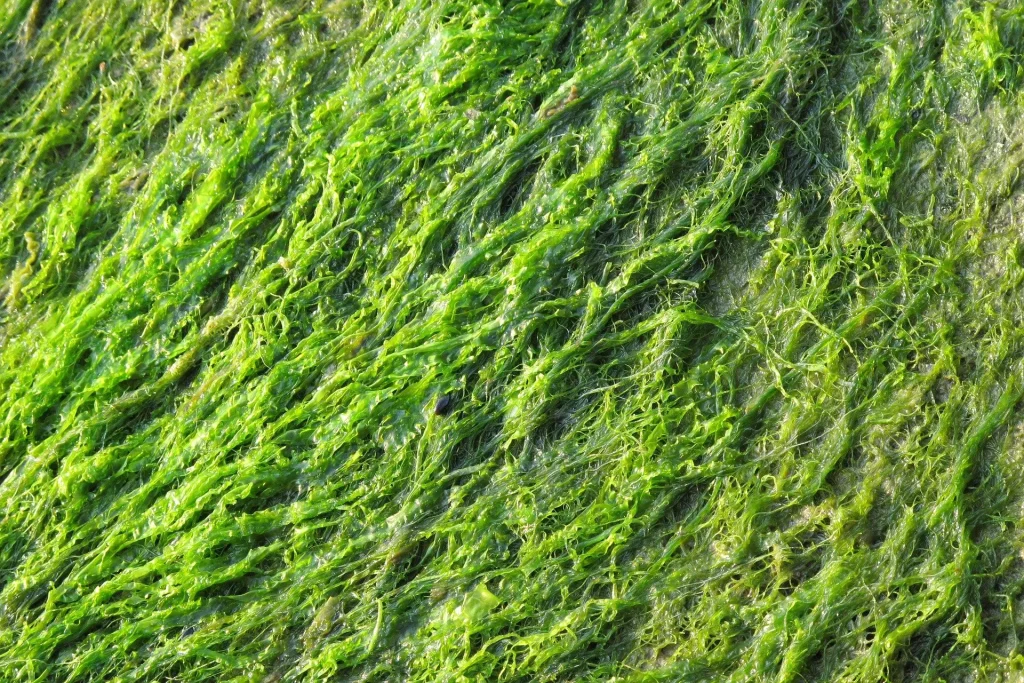
Very soon, in the nearest future, the science of farming Algae (Algaculture) will be trending like cryptocurrency, software engineering, and social networking today.
Presently, companies like Algenol, Vetik, Bioextrax, Sapphire Energy, TerraVia and hundreds of other algae farms. But why? What are they seeing that we are not seeing? Are they living in a fantasy world? Definitely No, they have done their research well and are seeing from the lenses of the future. They have seen potential in Algae, and we won’t be left out, here are the economic benefits of Algae Farms.
The Economic Benefits Of Algae Farms
Algae has proven that there is hope even in the well and the bottom of the sea. Briefly, we will be unfolding to you the discovered prospect and economic benefits of Algae Farms.
Biofuel Production
Crude oil is the main source of used energy today, but it is seen to be unable to serve the earth’s growing population in years to come. Most of the crude oil deposits are on the line of exhaustion, so what will man do if he has no kerosene to fly his planes or no PMS for his cars and Generators?
Algae offer a long-lasting solution to energy generation, not just energy generation but clean carbon-emission free energy generation.
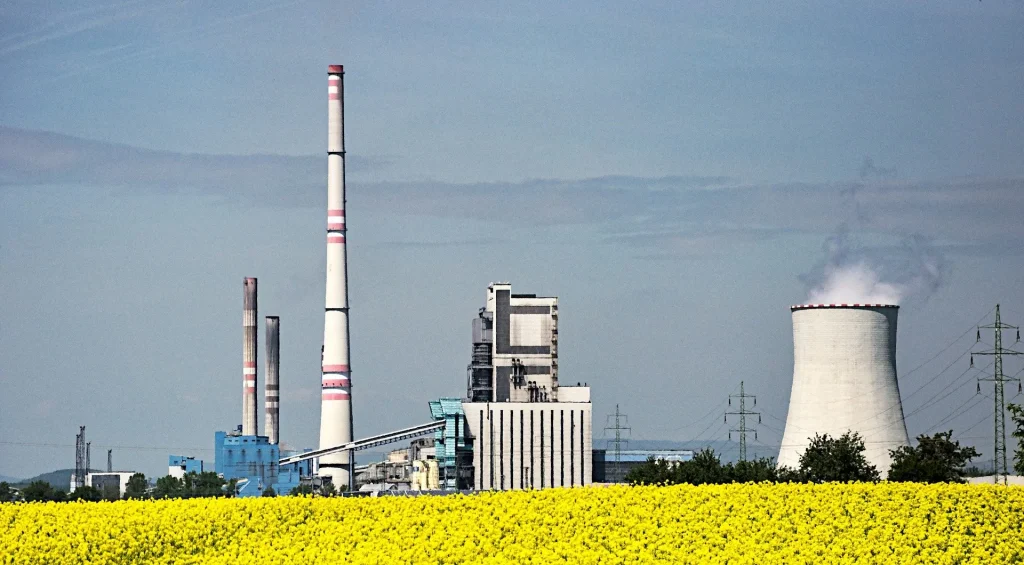
With a land the size of Alaska, climatic scientists estimate that if Algatechnology can be harnessed, Algae would be able to produce energy (Power) not just for the USA but the whole world. This is because the biomass of algae is more productive than any other Terrestrial biomass in the world, it doesn’t need a specialized condition and has a higher space for production as 70% of the world is water. Algae can be used to produce biofuel or biodiesel through means; of its fat (oil) and the hydrogen and CO2 it emits.
Given climate change, the use of biofuel from algae is the solution and should be utilized. Algae produces CO2 just like crude oil but what makes it clean and safe for the environment is that these organisms produce their CO2 by fixing on the already existing carbon in the atmosphere.

Algae fat is the major source of biofuel or biodiesel. Processes of dehydration and hydrothermal liquefaction have been used to transform the energy-rich algae oil into biodiesel and biofuel. Nevertheless, the economic importance of algae farms is not limited to biofuel production. Let’s look out for other economic benefits of algae farms.
Food Production
The economic importance of algae farms doesn’t end with their fats being extracted for biofuel. Seaweeds are regarded in Asia as superfoods because they are rich in diverse vitamins like A, B1, B2, B6 and C.
Beyond vitamins, Food nutritionists say that the nutrients in Algae (seaweeds and microalgae) are outstanding and cannot be overlooked. Below is a pie chart showing the essential nutrient needed by a man that is contained in algae.
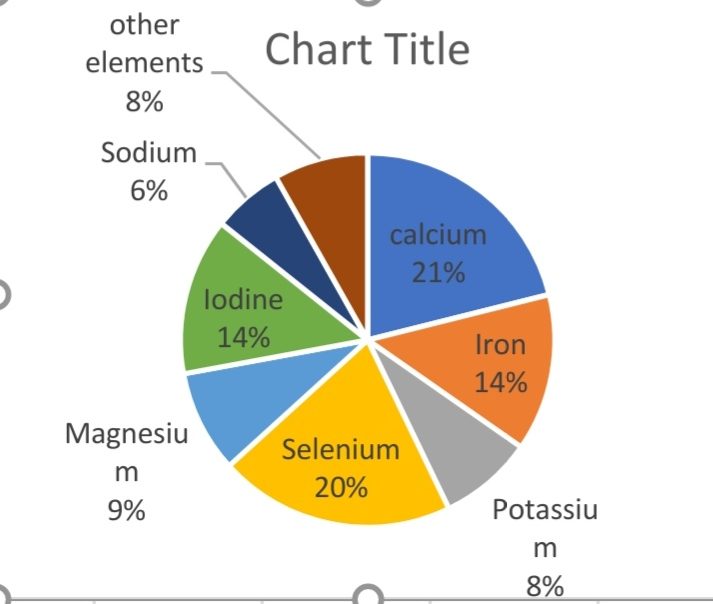
The oil extracted from Algae is also highly nutritious and can be used in food preparation. Algae oil is used as a fatty acid supplement as they contain Omega-3-fatty-acids which are rich in DHA content.

Today, efforts are being put by many research bodies to know if algae can be like corn or potatoes to a western man in 2050. But for now, it is used as food supplements and for making local foods (like Wakame) in many cultural societies in the world. This point on Algae being used as supplements will move us into another economic benefit of Algae farms.
Pharmaceutical use
Cancer is not a friend and will never be a friend of a human, with the rising cases of cancer due to climate change, Algae made supplements have been used in treating precancerous growth, improving the immune system, increasing energy, avoiding heart disease, enhancing memory, digestion and bowel health. Algae can also be used in the treatment of kidney and liver problems if boiled with milk.
Companies like Pharmavite LLC, Cyanotech Corporation, Now Foods, Parry Nutraceutical etc. have seen the endless medical benefits of Algae.
Pollution Control
One of the issues the world is going through today, especially the third-world countries is Pollution. Pollution especially water pollution has been the major cause of death in these countries, but how can Algae help curb water pollution?
Algae grow in water, even wastewater. So, this polluted water which we complain about can be utilized by Algae farms thereby consuming it. Today algae are employed in the treatment of sewage due to their ability to reduce toxicity.
Also, with the rising percentages of fertiliser flushed into the water bodies, algae can be used to capture this fertiliser and later be used as fertilizers themselves when harvested.
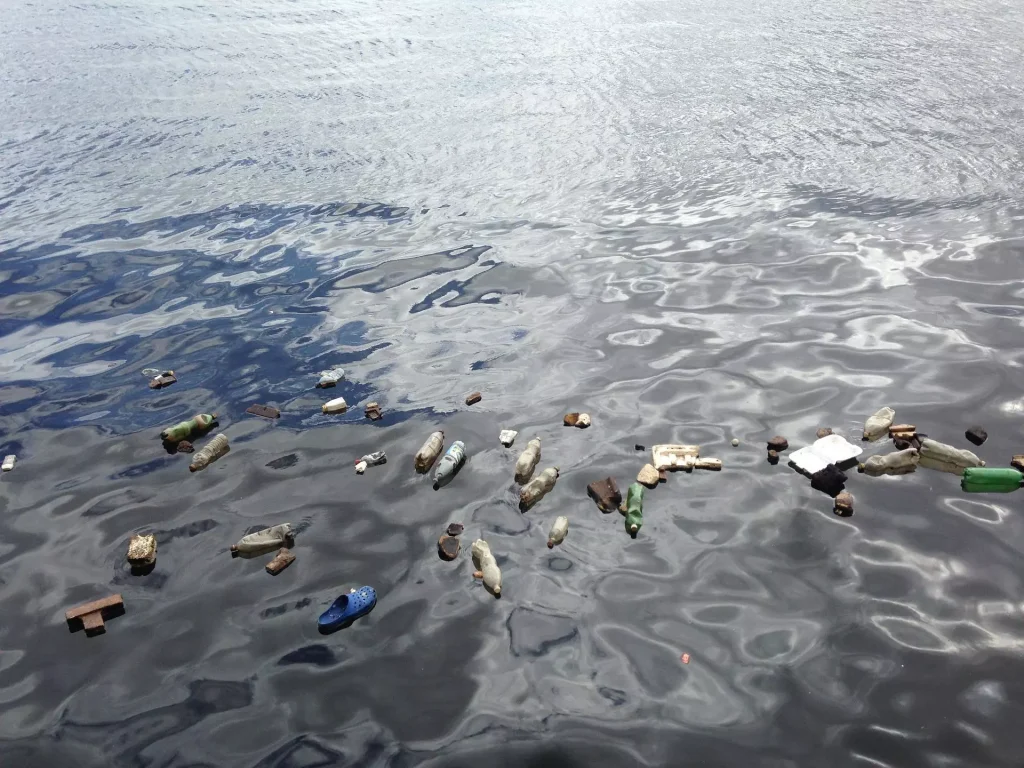
Bioplastic Production
Plastics are quiet killers. Over thousands of aqua life have perished because of the uncontrollable amount of biodegradable plastics pumped into the oceans daily. Notwithstanding, another economic benefits of algae farms is that Algae can be used to produce degradable plastics called bioplastics.
Bioplastic production by Algae is possible because Algae produces polylactic acid (PLA) and polyhydroxyalkanoate (PHAs) which are the principal compounds used in bioplastic production.
Presently, in the USA Sway seaweed plastics are being used, they serve as the best replacement for crude oil manufactured plastics. They have a shelf life of a year and are being utilized by water manufacturing companies and other bottling companies.
Some Pasta companies have adopted it, and surprisingly some can be consumed. Making them eco-friendly, economical and innovative.
Textile production

With the currency devaluation everywhere, many cotton-based textile manufacturing companies are rampaging the cost of production, while some companies like Algaeling, Vollebak and Algiknit would be crossing their smart legs, holding popcorn and smiling.
The economic benefits of algae farms are numerous and it also cuts into the textile industry. Yes, it’s old news that from algae you can produce dyes for cloth production. But beyond that companies like Algaeling have seen that they can make pure plant based clothes using algae and cellulose.
The fun thing about these clothes is that they are eco-friendly as they can decompose to worm food if buried for like 12 weeks. Hereby solving the problem of textile contributing 10% of the carbon emitted yearly.
Livestock Feed Production
Naturally, aquatic organisms depend on Algae for food. Diatoms and seaweeds are the sources of food for aquatic life in the oceans. But how can Algae be beneficial in the production of Livestock Feed?
Outside Algae’s potential of being used in making feed supplements, Algae can also be used in making every day feeds for poultry, Fish, piggery, and dairy animals.
Although at this moment only three species of algae have been tested on poultry and results are still processing, nutritionists say that algae will influence the protein of the yolk exponentially, as algae are highly proteinous.
Even researchers are predicting that the use of algae in cattle feed will reduce the amount of carbon emissions from battles.
Agar Production

Agar is an essential resource used by microbiologists and other laboratory scientists. Agar is produced from red algae, it’s a gelatinous substance used for storing and culturing microorganisms because these microorganisms cannot consume it.
Job creation
Covid-19 has widened the gate of Unemployment, with over 200 million jobs lost worldwide. Nevertheless, Algae technology has shown the ability to create millions more jobs than those that exist. Only the algae biofuel industry possesses the prospects of creating nothing less than a hundred million jobs. Talk more about the pharmaceutical, food, bioplastic and textile industries.
Conclusion
The economic benefits of algae farms are innumerable. Ranging from its ability to grow on water and even wastewater, to its ability to be used in the production of energy, down to its use in plastic and textile production.
Not forgetting that these same algae are nutritional for food and very eco-friendly as it serves as a remedy to pollution, unemployment and climate change.
We believe that this article was not a mere addition to the list of articles you have read, instead, it stands out and serves as an eye opener to the numerous economic benefits of algae farms and a pointer to the next business you should invest your money in. For more valuable posts like this, do well to subscribe for more interesting posts like this.
See also: Top 10 wealthiest farmers in the world

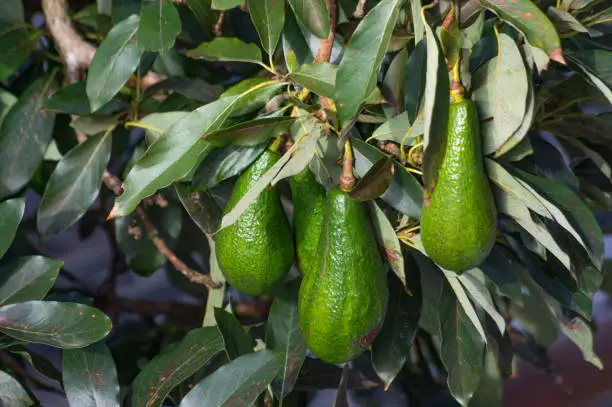
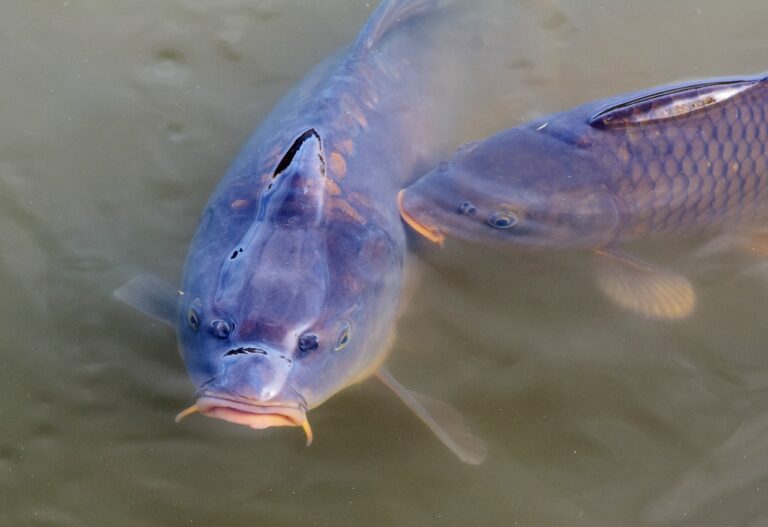
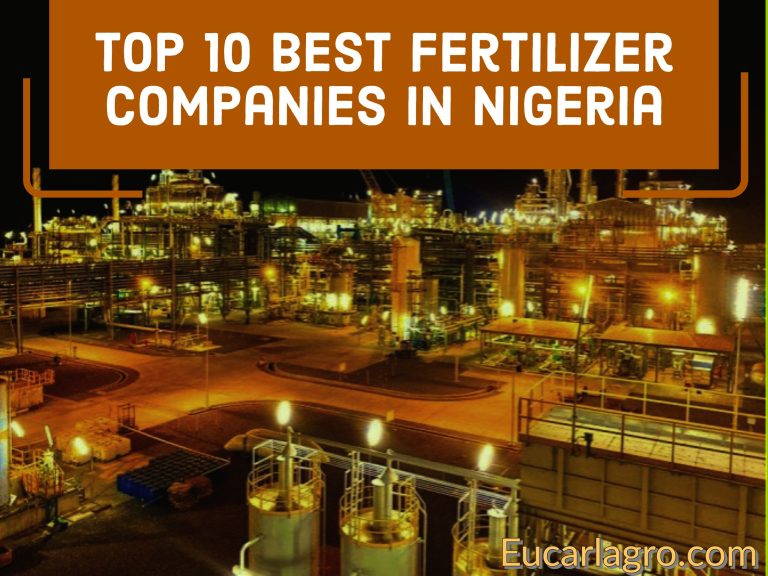

![How to Start Coconut Farming in Nigeria [Complete Guide] How to Start Coconut Farming in Nigeria [Complete Guide]](https://eucarlagro.com/wp-content/uploads/2023/11/Coconut-Farming-in-Nigeria.webp)
![How to Start Apple Farming in Nigeria: [Complete Guide [year]] How to Start Apple Farming in Nigeria: [Complete Guide 2024]](https://eucarlagro.com/wp-content/uploads/2023/07/How-to-Start-Apple-Farming-in-Nigeria-768x576.jpg)